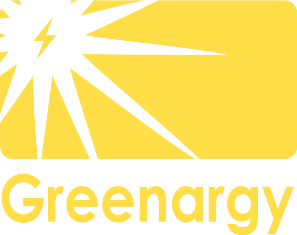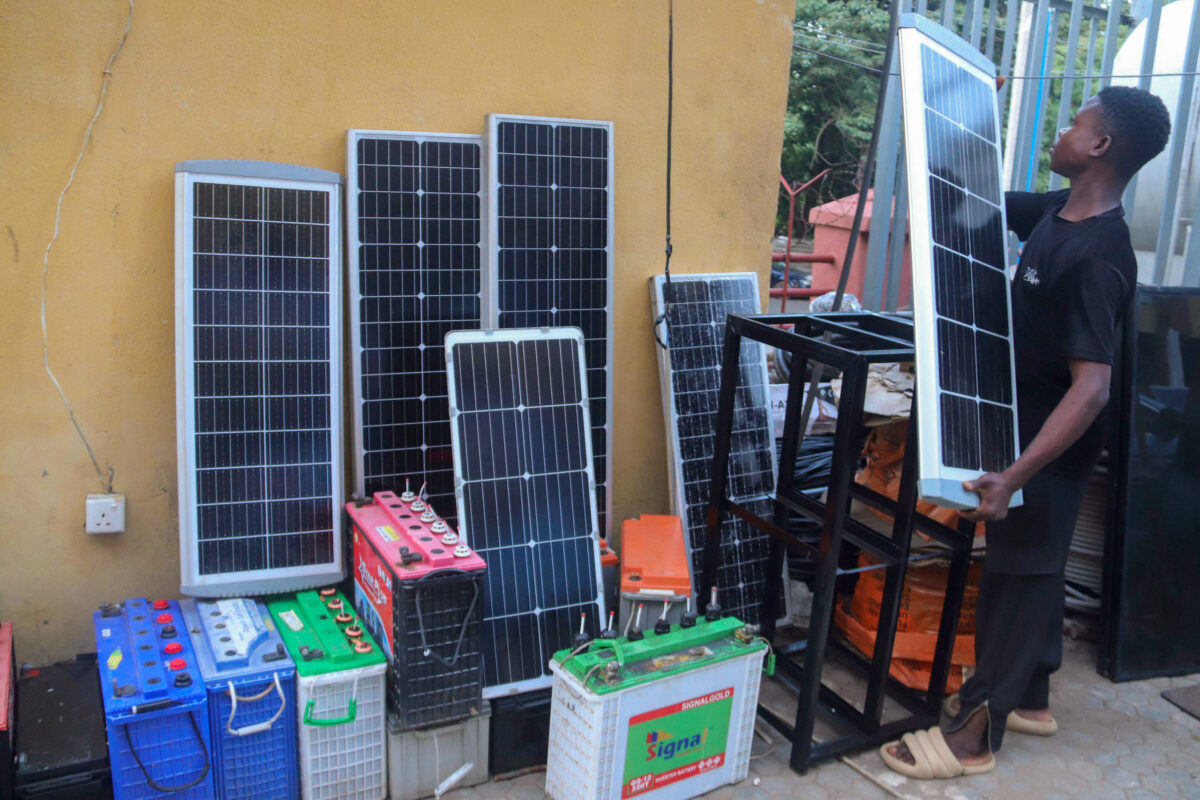The High Cost of Solar Lamps and Solar Power Supply: A Major Barrier for Rural Communities in Cameroon
The High Cost of Solar Lamps and Solar Power Supply – In recent years, the global push for clean energy has gained momentum as countries strive to reduce their reliance on fossil fuels and mitigate the impacts of climate change. Solar energy, in particular, has been hailed as an ideal renewable energy source due to its abundant availability and potential to provide electricity in remote and rural areas. However, despite the numerous benefits of solar power, the high cost of solar lamps and solar power supply remains a significant barrier for rural communities in Cameroon, preventing them from making the switch to clean energy.
Barriers to Solar Energy Adoption in Rural Cameroon
- High Initial Cost of Solar Lamps and Equipment
The initial cost of solar lamps and equipment can be a significant barrier for rural communities in Cameroon. A typical solar home system in Cameroon can cost between $150 and $500, which is a considerable investment for many households. In rural areas, where incomes are lower and access to credit is limited, this high upfront cost can be prohibitive for potential adopters.
- Limited Access to Financing and Micro-Finance Options
In addition to the high initial cost, many rural communities in Cameroon lack access to affordable financing options for solar energy systems. While some international organizations and non-governmental organizations (NGOs) offer micro-finance options for solar energy systems, these options may still be out of reach for many rural households.
- Lack of Awareness and Education
A lack of awareness and understanding about the benefits and workings of solar power can also act as a barrier for rural communities in Cameroon. Many households may not be aware of the potential cost savings and environmental benefits of switching to solar power, or they may be skeptical about the technology’s reliability and long-term performance.
- Inadequate Maintenance and Technical Support
Solar power systems require regular maintenance and occasional repairs to ensure optimal performance. However, many rural communities in Cameroon lack access to skilled technicians and adequate maintenance facilities. This lack of support can discourage potential adopters from investing in solar power, as they may fear that their systems will not function reliably in the long term.
Possible Solutions and Recommendations
- Government and International Support
Governments and international organizations can play a crucial role in promoting solar energy adoption in rural communities by providing financial incentives, such as subsidies and tax breaks, to encourage households to invest in solar power systems. Additionally, these organizations can collaborate with local NGOs and micro-finance institutions to develop targeted financing programs for solar energy systems.
- Education and Awareness Programs
Educational programs that inform rural communities about the benefits of solar power and its potential to improve their quality of life can help overcome the lack of awareness and understanding. These programs should be designed to be culturally sensitive and tailored to the specific needs and concerns of rural communities.
- Strengthening Maintenance and Technical Support
Governments and NGOs can work together to establish training programs for local technicians and develop maintenance facilities in rural areas to ensure that solar power systems are well-maintained and repaired when needed.
Conclusion
The high cost of solar lamps and solar power supply remains a significant barrier for rural communities in Cameroon in switching to clean energy. However, through government and international support, education and awareness programs, and strengthening maintenance and technical support, it is possible to overcome these barriers and facilitate the adoption of solar power in rural communities. This would not only provide households with a reliable and sustainable source of energy but also contribute to the global efforts to combat climate change and promote clean energy solutions.

